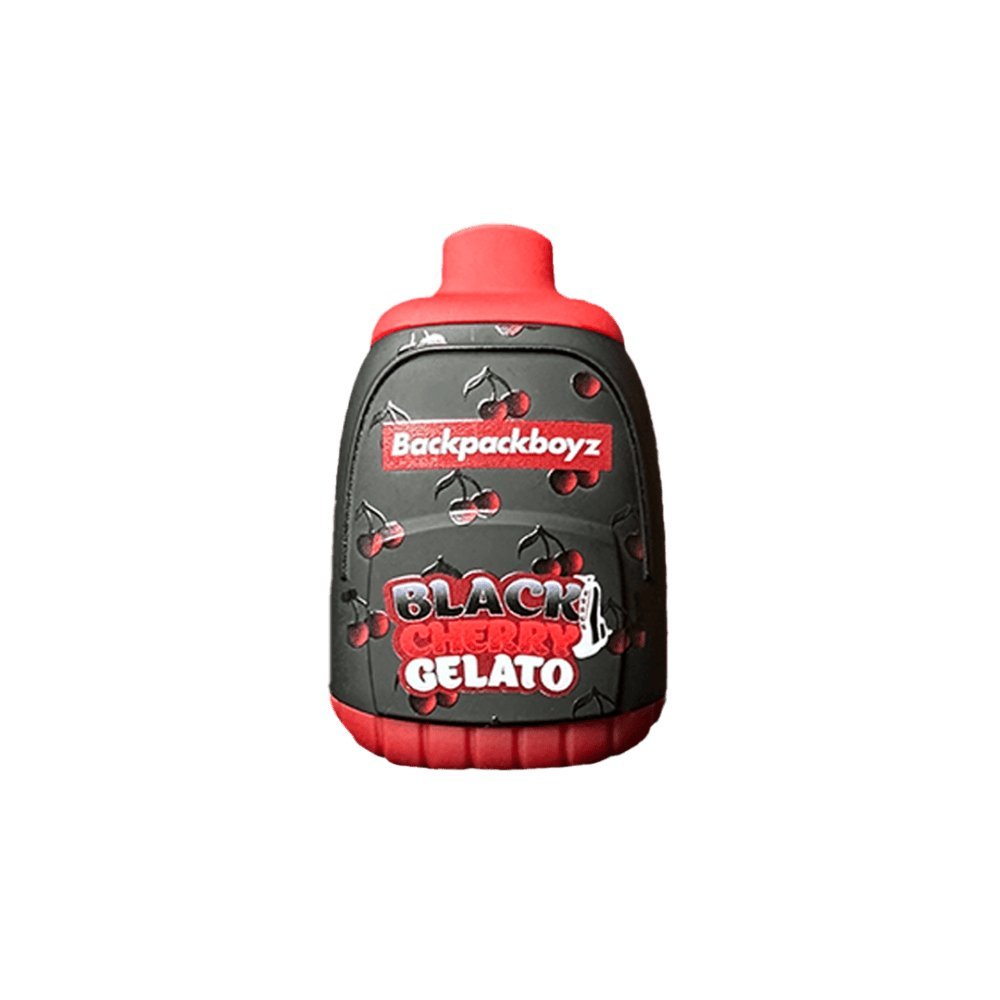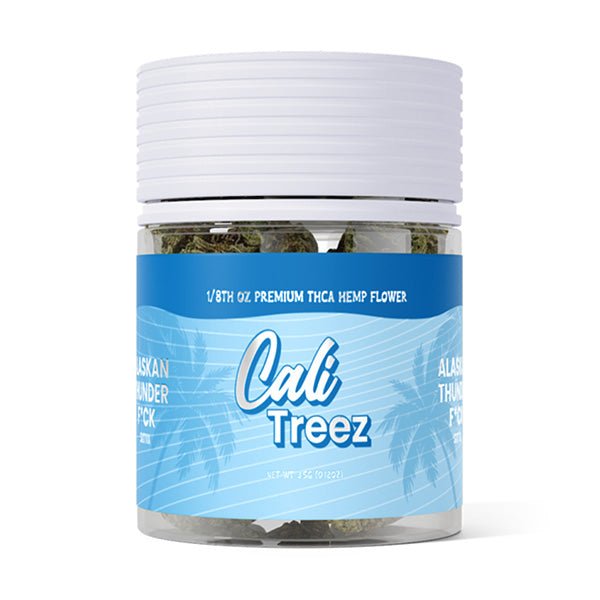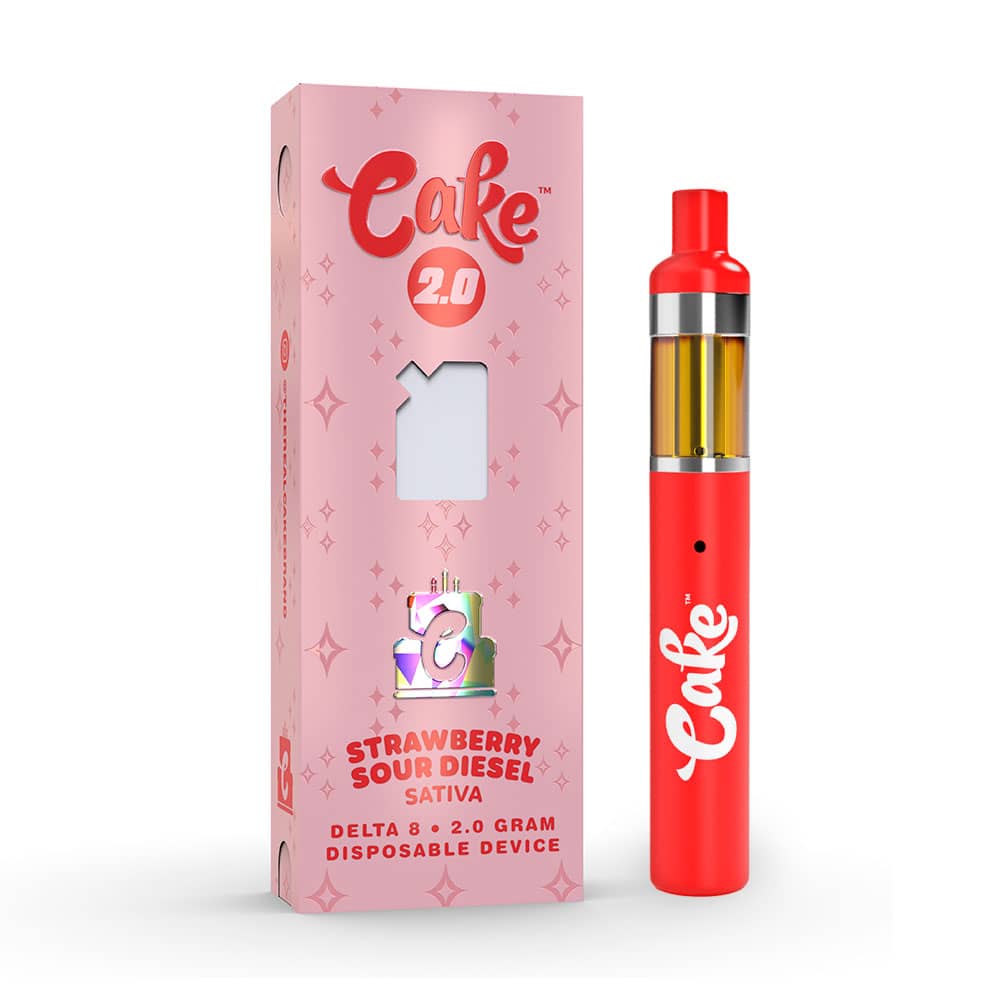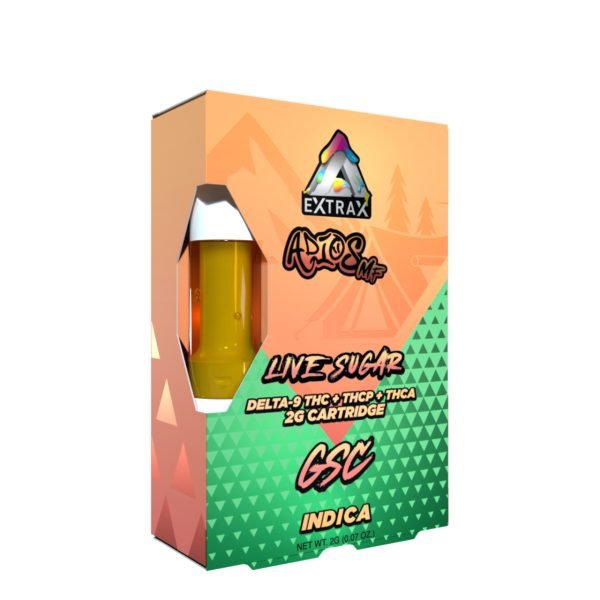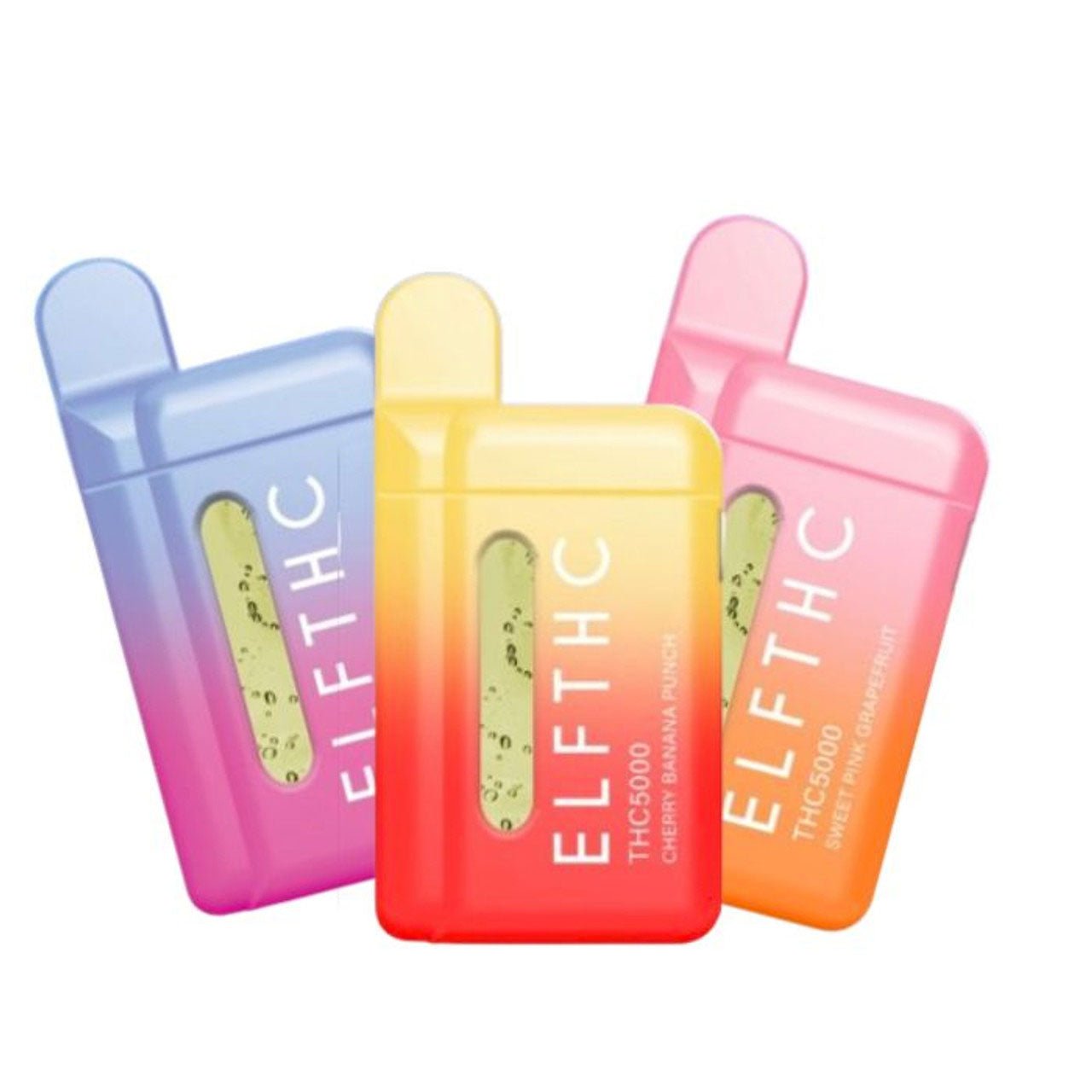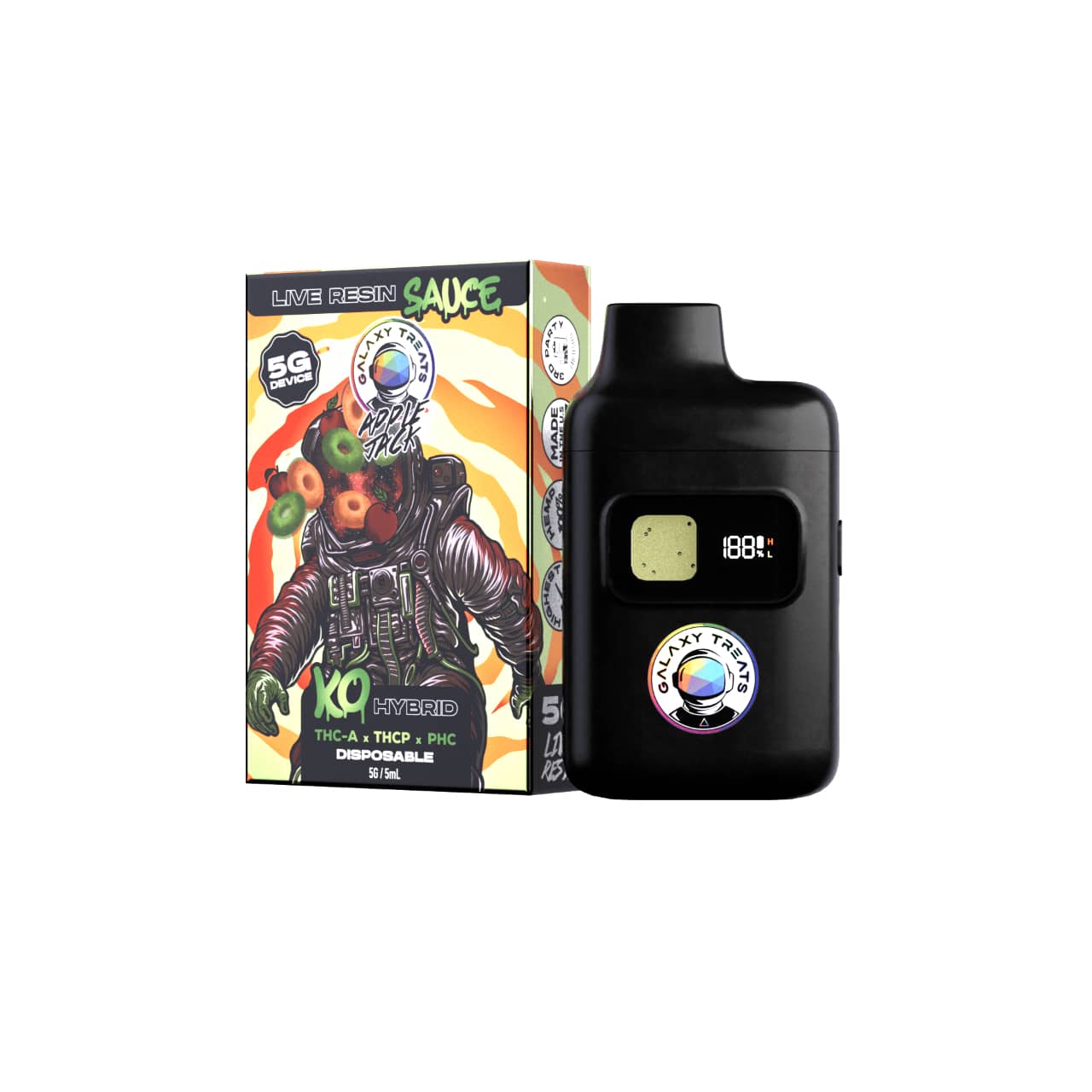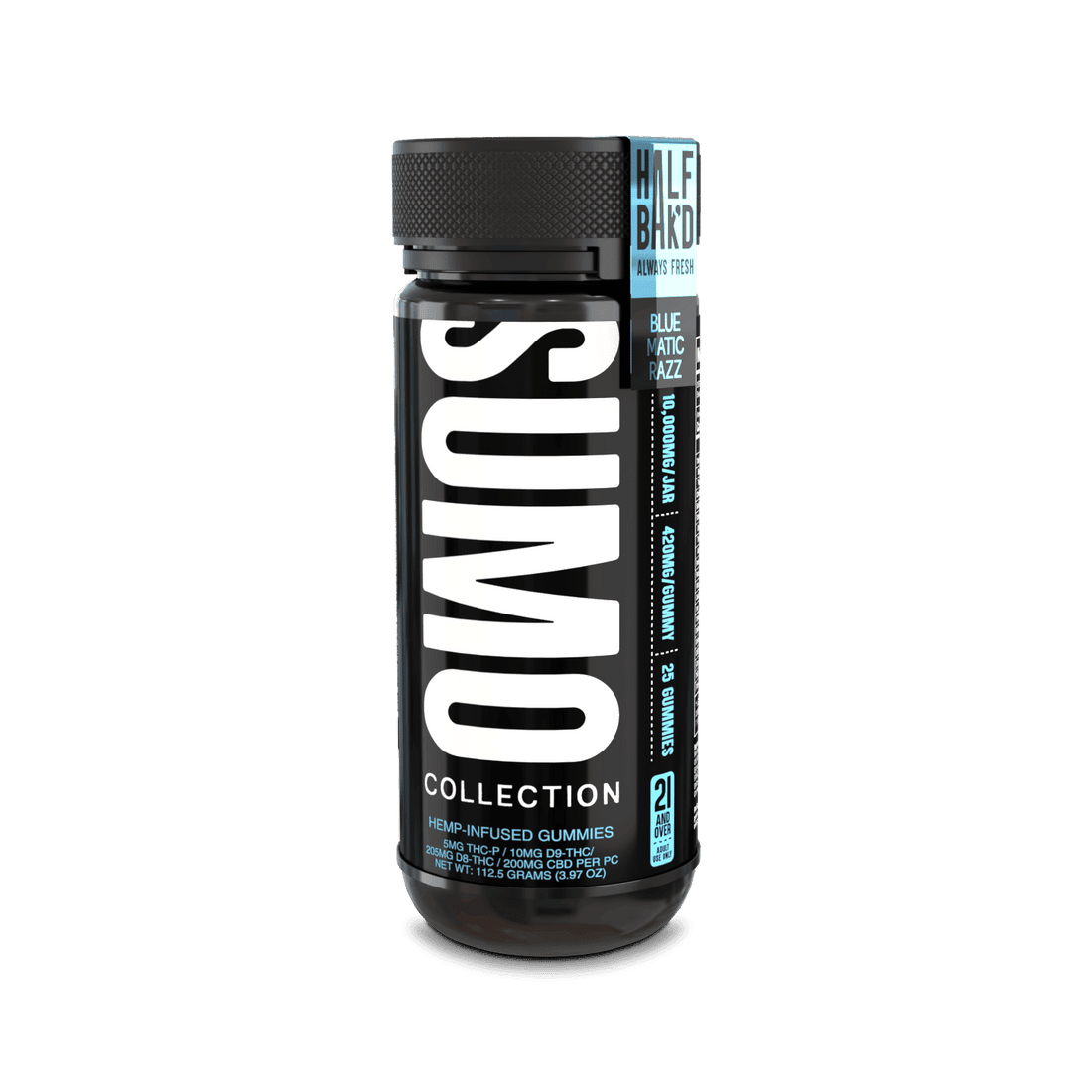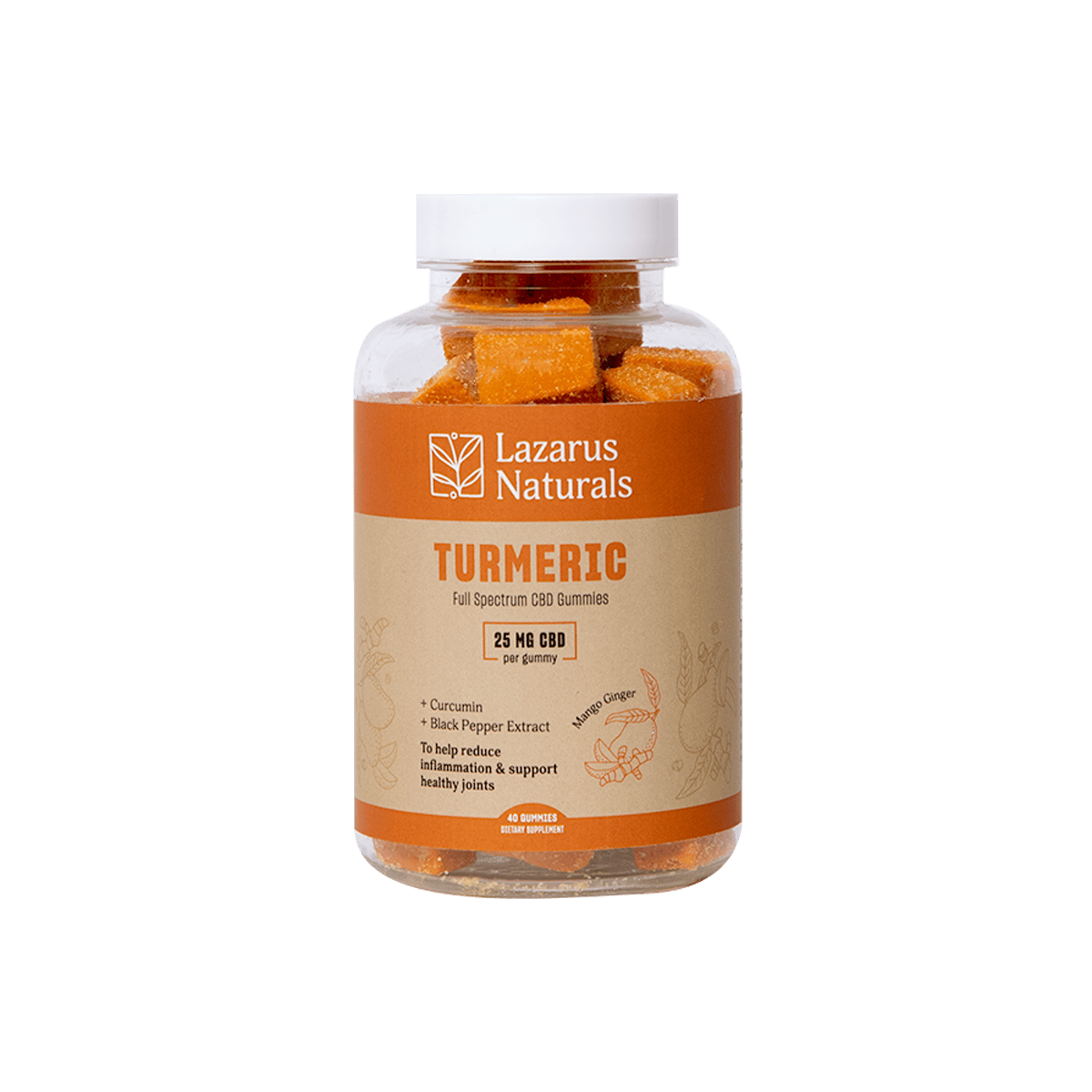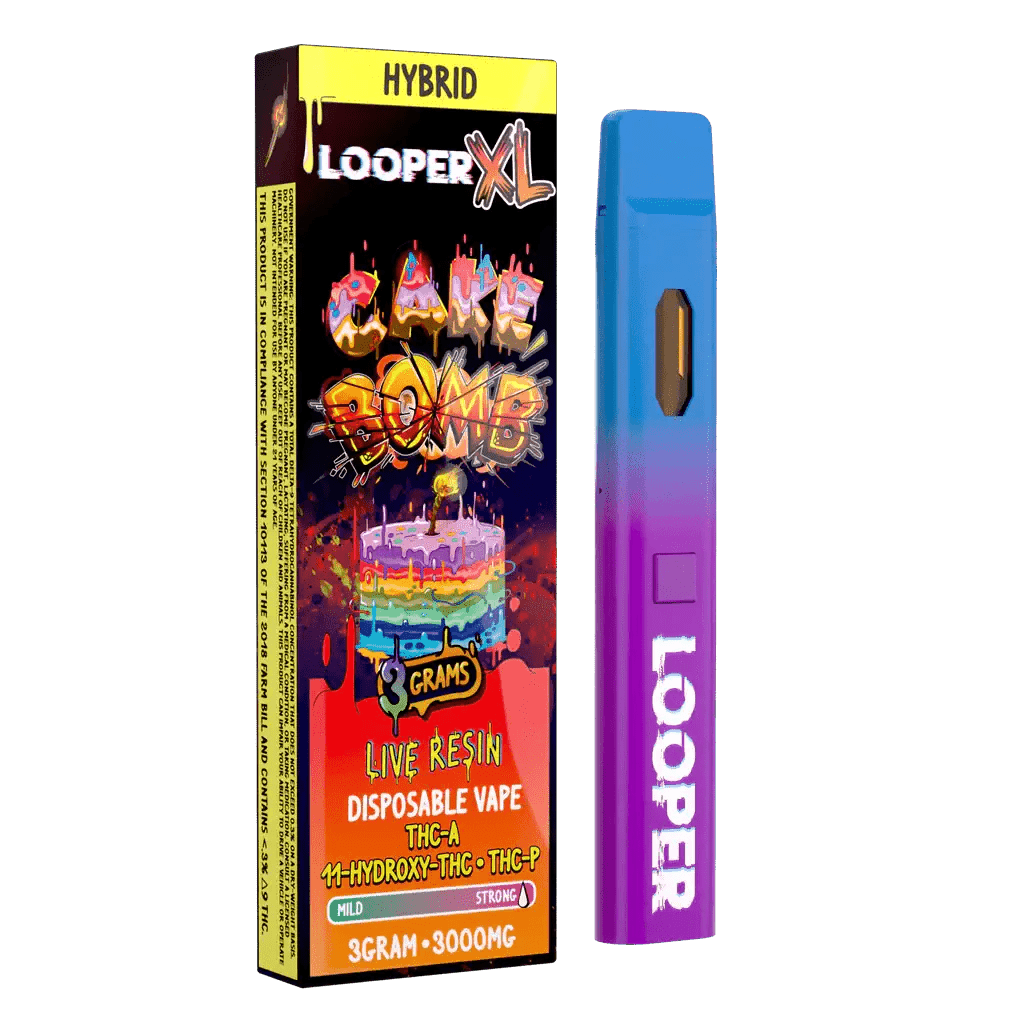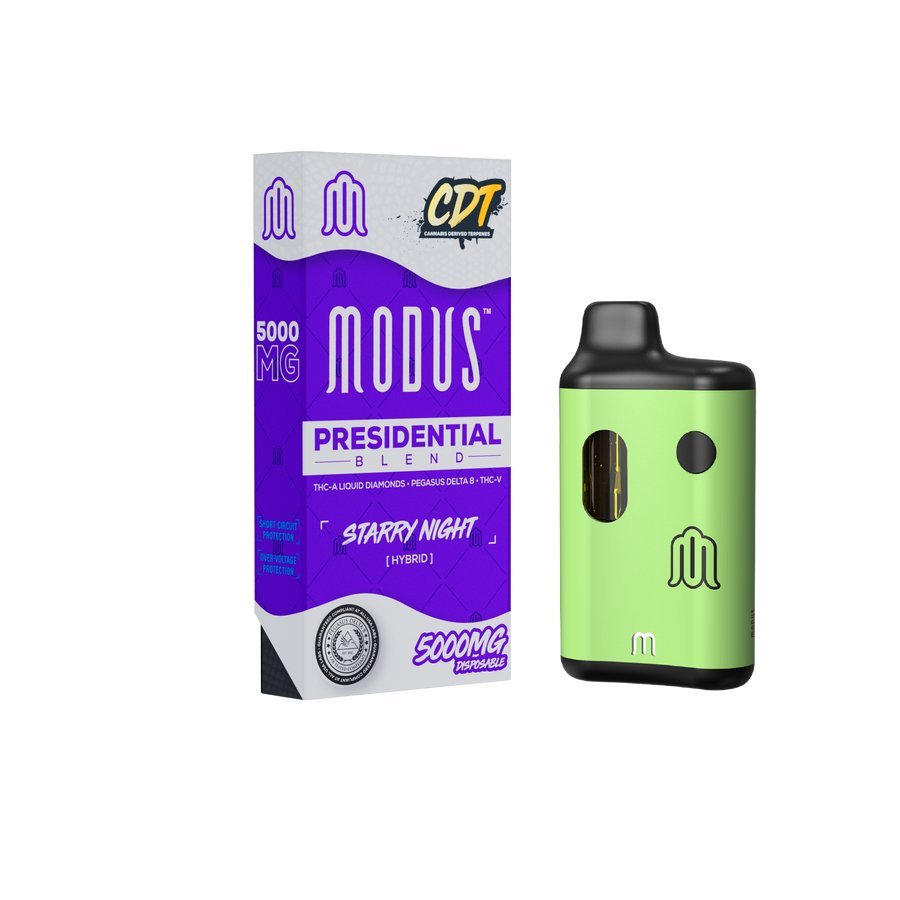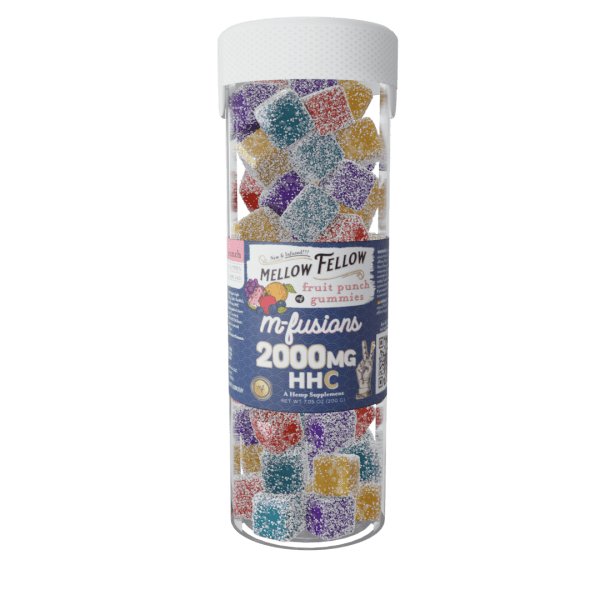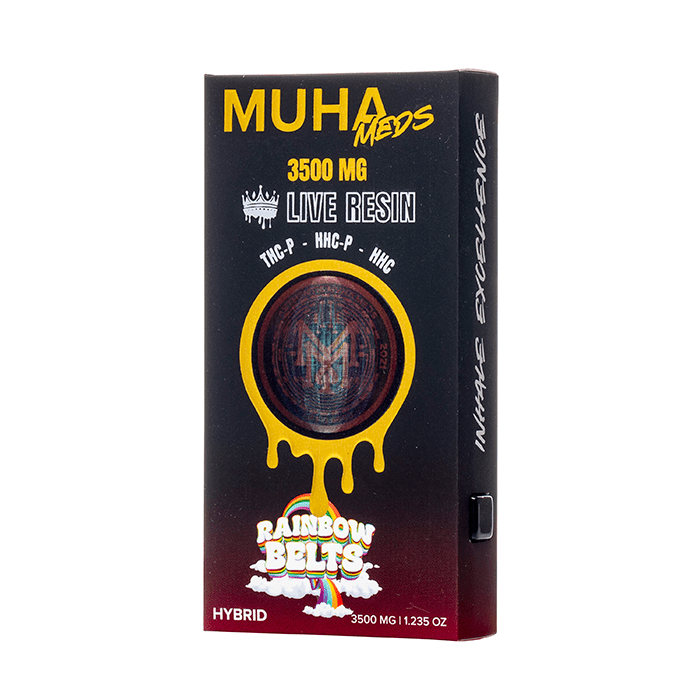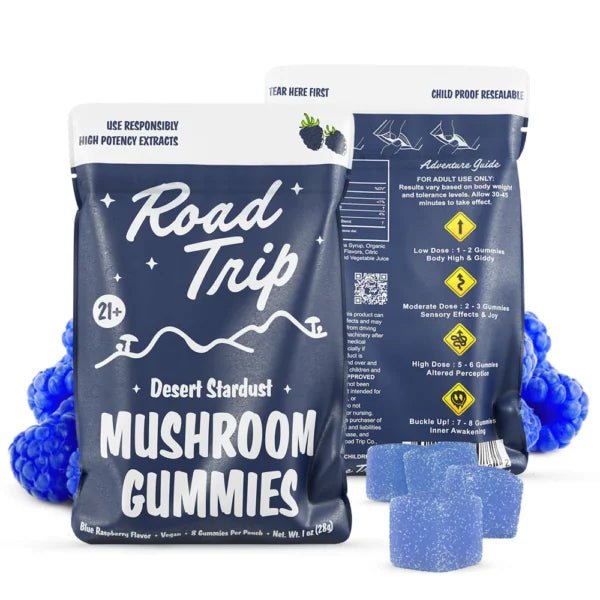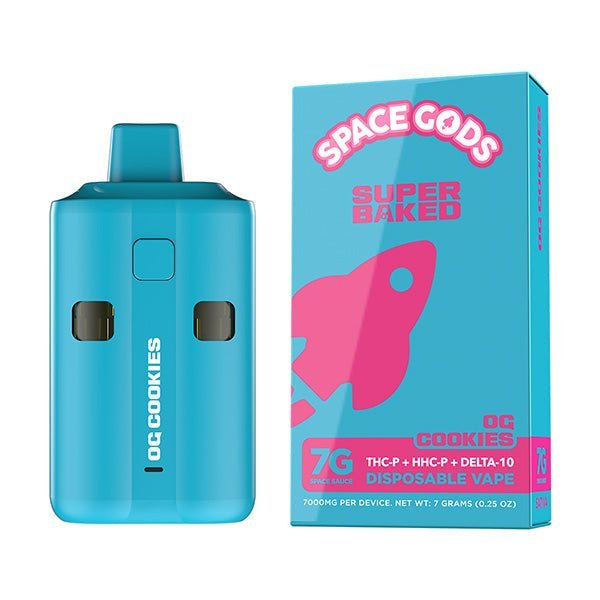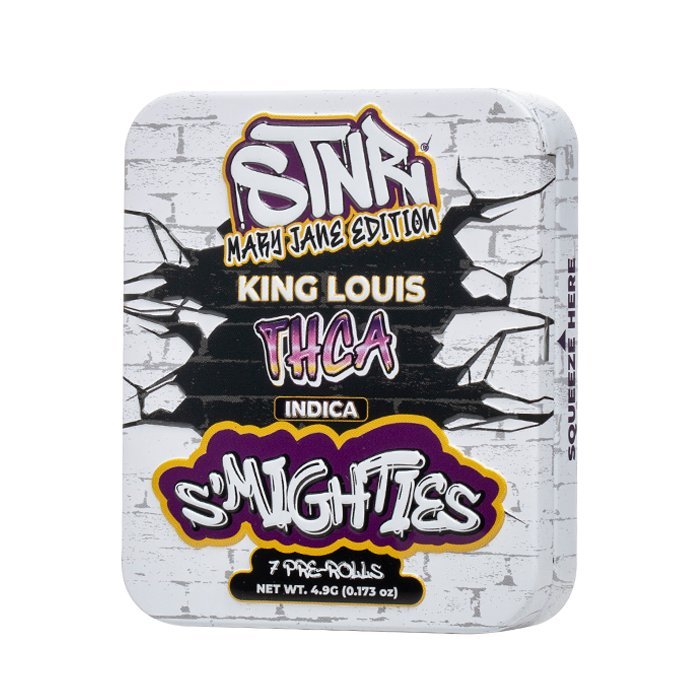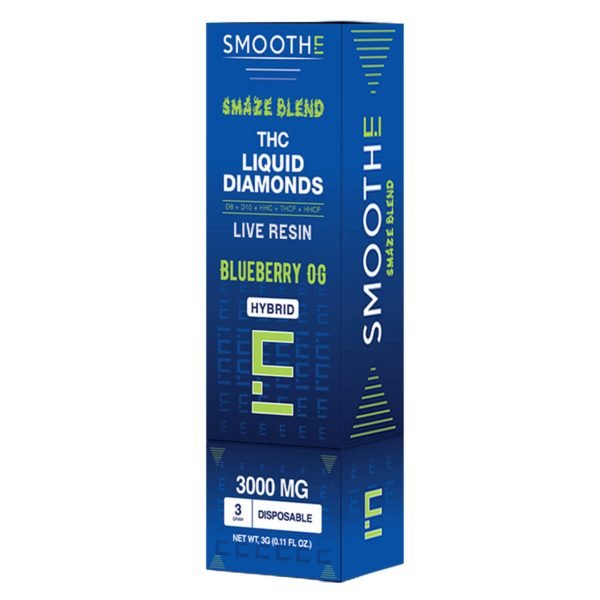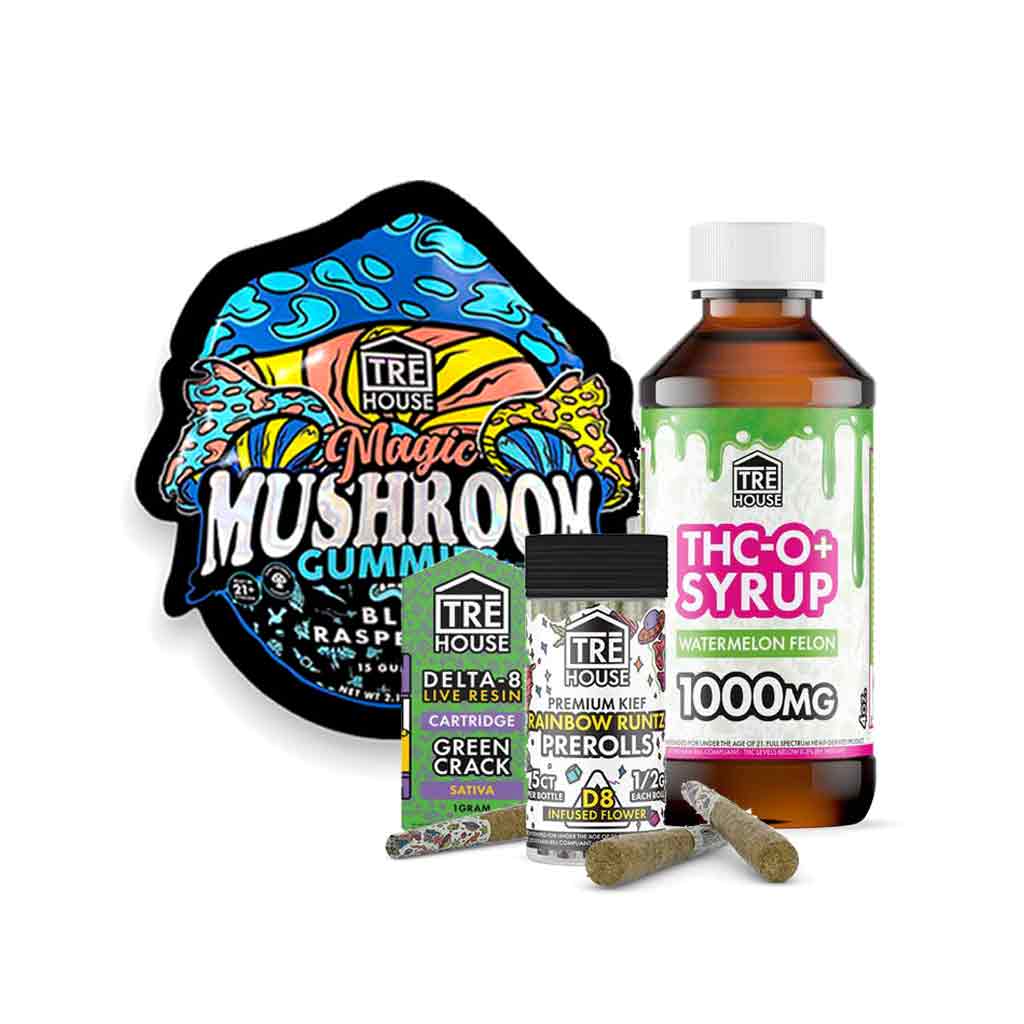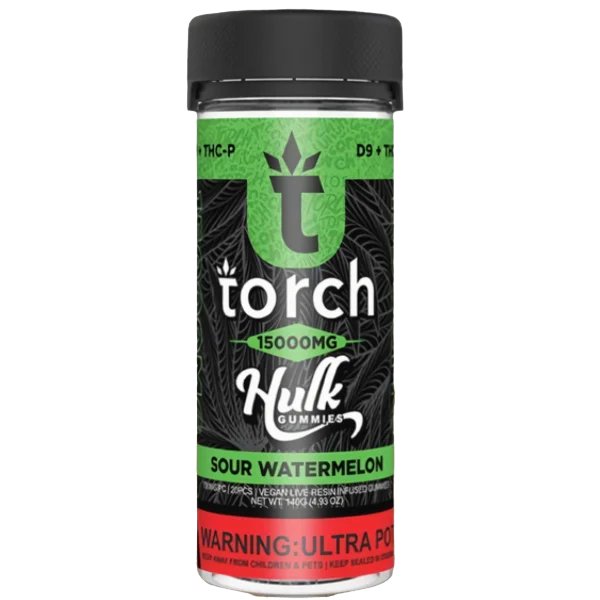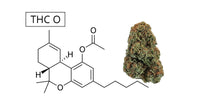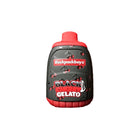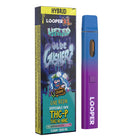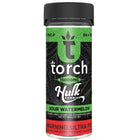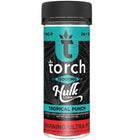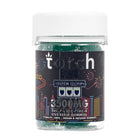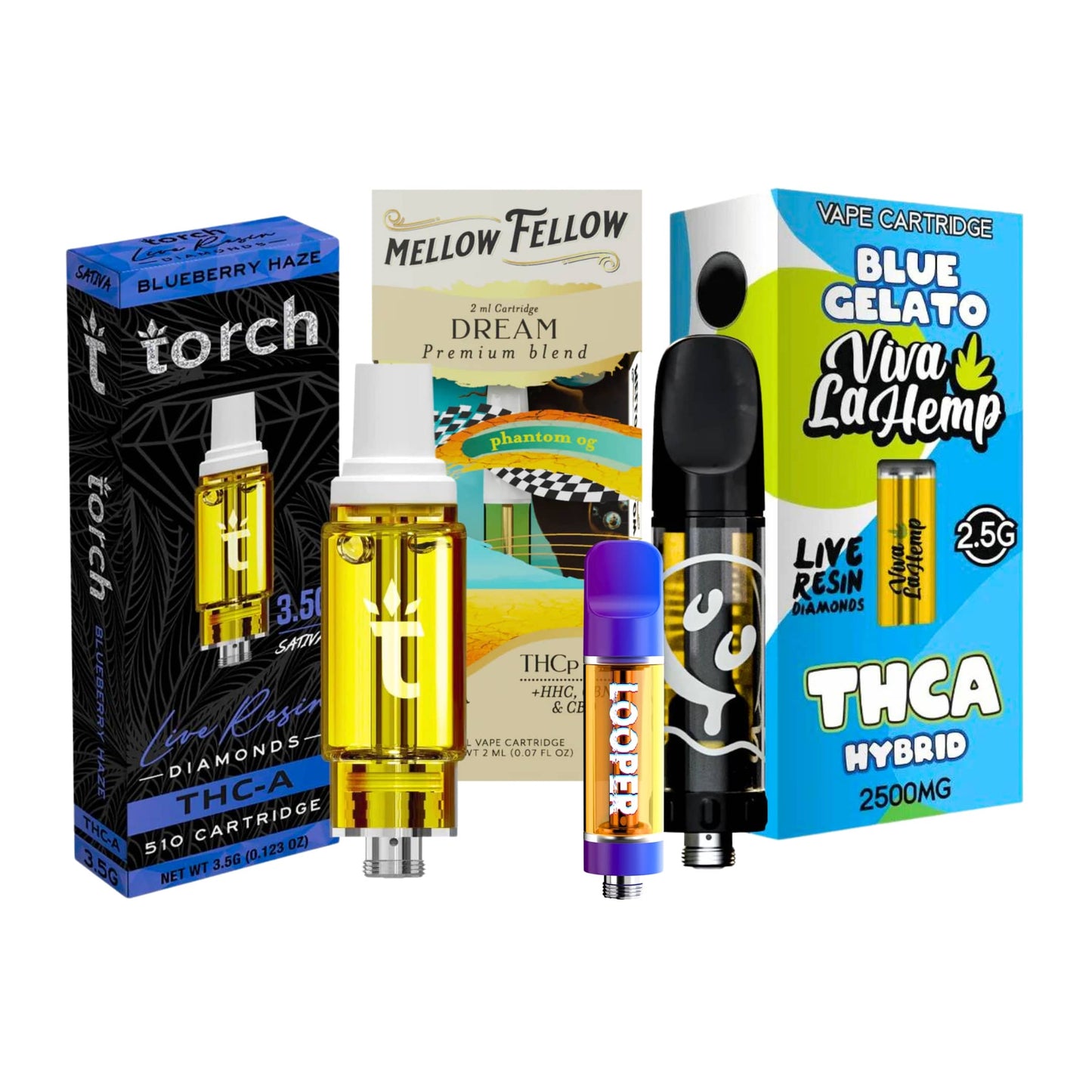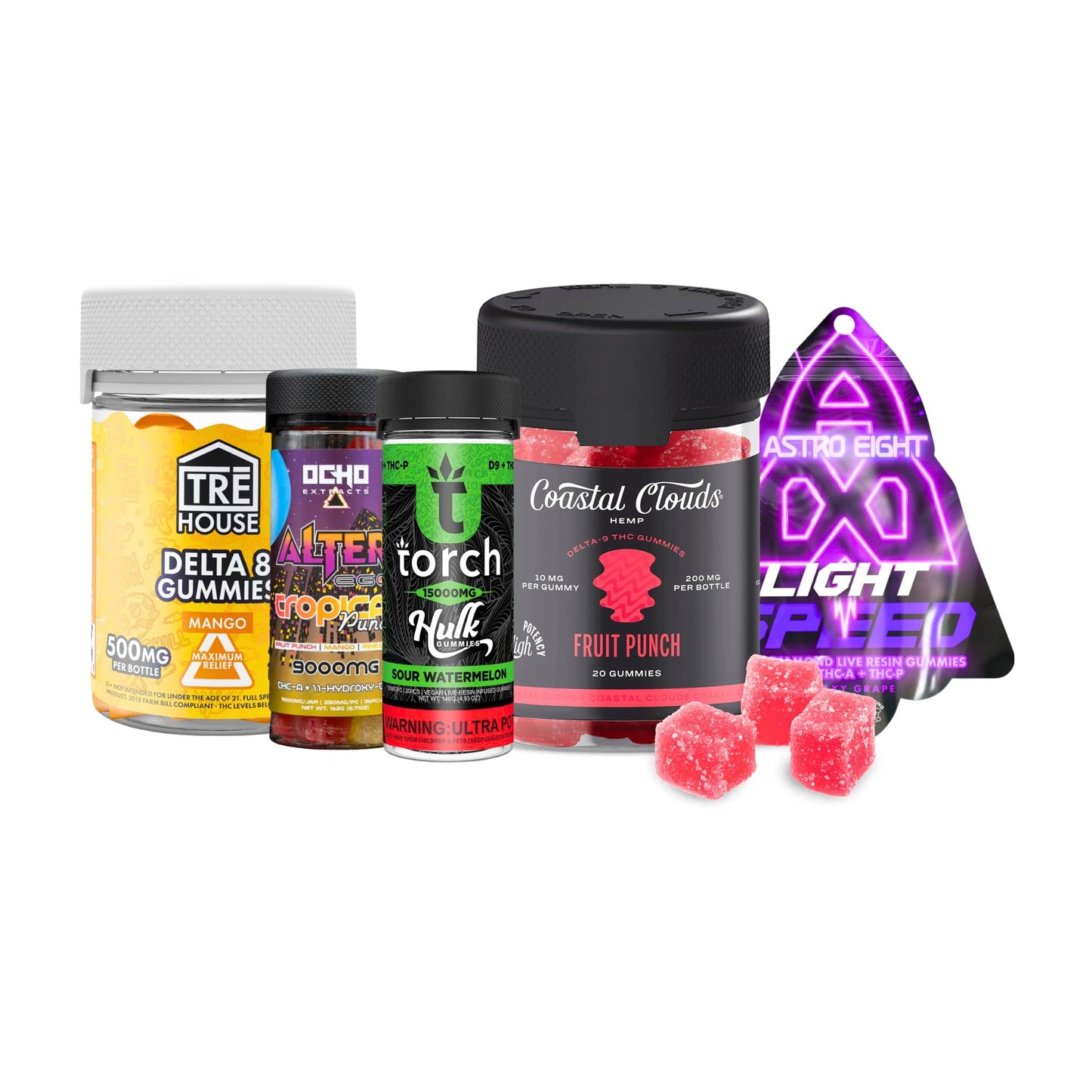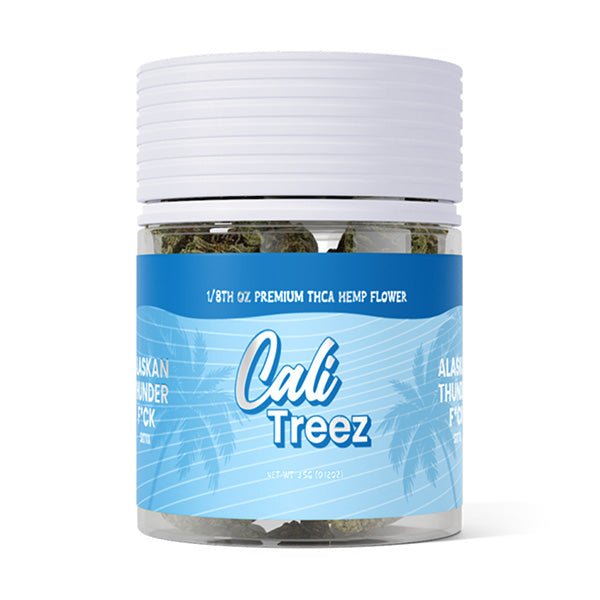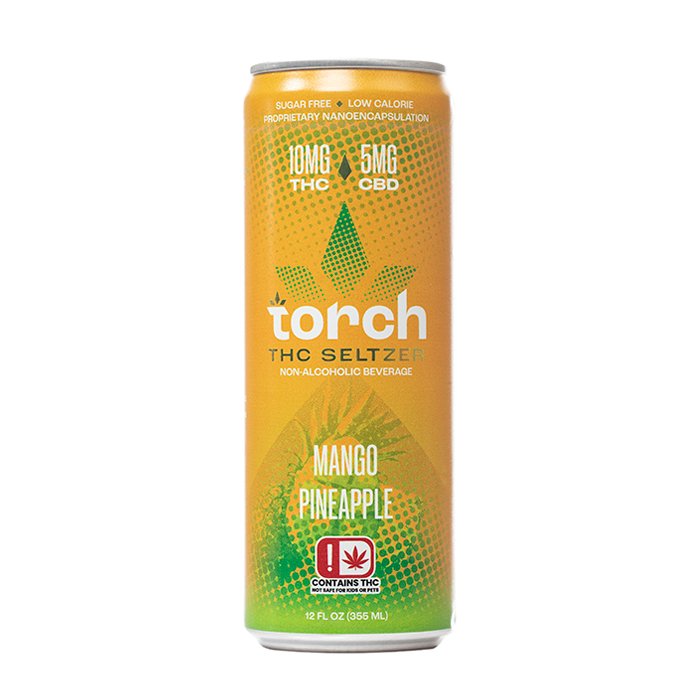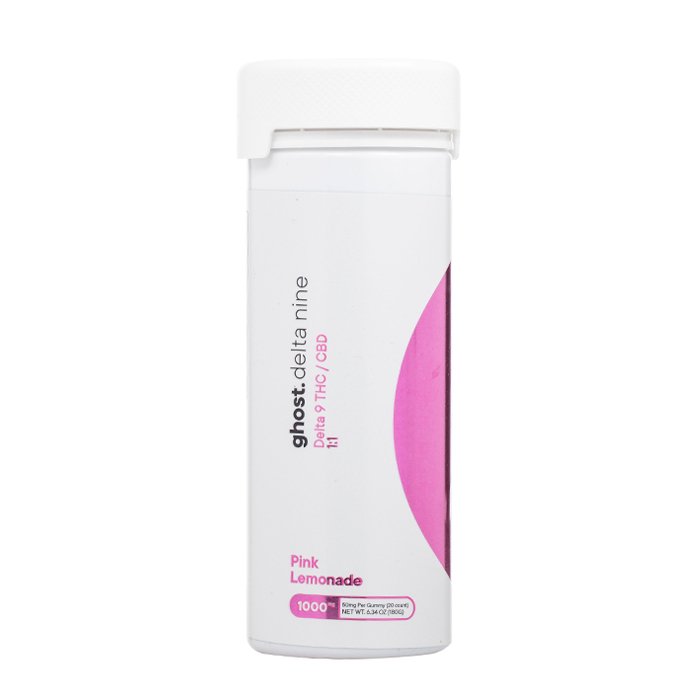Get a FREE Gummy or Vape
Sign up to get a FREE welcome vape or gummy on your first order when you buy 4 or more products.
Navigating the questions about THC detection times, like ‘how long does it take to get thc vape pen out of system?’, can be complex. The answer isn’t straightforward, as it depends on personal habits and biological factors. This article aims to unravel these intricacies, providing a comprehensive look at THC clearance so that by the end, you’ll have a more informed perspective tailored to your situation.
Key Takeaways
-
The detection time of THC from vaping depends on factors such as the type of vape pen, frequency of use, individual metabolism, and body composition, with THC potentially remaining detectable for up to 30 days in chronic users.
-
Common drug tests for THC include urine, blood, hair, and saliva tests, each having different detection windows influenced by usage patterns and the user’s physiological factors.
-
Detox methods to eliminate THC from the system range from natural strategies to commercial products like detox drinks and kits, with effectiveness depending on individual circumstances.
Factors Affecting THC Vape Pen Detection Time
When it comes to detecting THC from a vape pen, numerous factors can influence how long the THC vape stay is detectable in your system. These factors range from the type of vape pen used, the frequency of use, to individual physiological factors like metabolism and body composition.
Additionally, the manner in which THC is consumed, whether ingested or inhaled, can also impact how long THC metabolites stay detectable. For instance, THC from a wax pen can be detected for about 30 days, but this timeframe can vary based on individual factors and usage frequency.
Frequency of Use
The frequency of cannabis use is a significant determinant of how long THC remains detectable in the system. For occasional users, THC may test negative in as little as 3 days after using a THC wax pen. However, for chronic users or frequent cannabis users, THC can stay in the system for an extended period, even up to a few weeks or a month.
This is because the more frequently THC is consumed, the longer it tends to thc stay in your system, making it detectable for a longer duration.
Type of Vape Pen Used
The type of vape pen used can also influence the amount of THC introduced to the user’s system, and consequently, how long it remains detectable. For instance, dab pens and waxes have a higher THC concentration than dry herb, which could lead to increased levels of THC absorbed by the user.
One common question people have is, “does thc vape efficiently deliver THC compared to smoking?” The answer is yes, vaping THC is more efficient in THC delivery compared to smoking, which could also lead to increased levels of THC in the system.
Metabolism and Body Composition
Body composition and metabolism rates also play a significant role in the duration of THC presence in the body. THC metabolites are fat-soluble and thus, are stored in fat cells in the body. As a result, individuals with higher body fat may retain THC metabolites for longer durations, thereby extending the detection period of THC in their system.
Furthermore, individuals with a fast metabolism may metabolize THC faster, leading to a shorter detection period.
Exercise and Lifestyle Habits
Beyond the physiological and external factors, lifestyle habits such as regular exercise, proper hydration, and a nutritious diet can aid in the removal of THC from the system. Regular physical activity can help remove substances like THC from the body through sweating and boosting metabolism. However, it’s worth noting that exercise can also temporarily boost the level of detectable THC metabolites in the urine.
Therefore, combining exercise with other detoxification methods enhances the effectiveness of THC removal from the body.
Types of Drug Tests for THC Detection

Understanding the various types of drug tests used to detect THC is crucial in grasping how long THC can remain detectable in the body. The most common drug tests used for detecting THC include:
-
Urine tests
-
Blood tests
-
Hair tests
-
Saliva tests
Each of these tests has different detection windows for THC, which can be influenced by the factors discussed earlier.
Let us delve deeper into these testing methods and their detection windows, especially when individuals test positive.
Urine Tests
Of all the drug tests, urine tests are the most commonly used to detect THC. A urine test identifies the presence of 11-nor-delta-9-tetrahydrocannabinol-9-carboxylic acid (9-carboxy-THC), a metabolite of THC, which is excreted in both free and conjugated form. The detection duration of THC in urine tests can range from a few days for occasional cannabis smokers to up to a month for frequent smokers. As a result, a drug test using urine samples is a popular choice for many employers and organizations.
This variation stems from an individual’s metabolism and the fat cells’ retention of THC metabolites.
Blood Tests
Blood tests measure the presence of THC in a person’s bloodstream, typically picking up substance use within the past 2 to 12 hours. For occasional users, THC can be detected in the bloodstream for about 1 to 2 days after smoking marijuana or up to 1.5 to 2 days after dabbing or vaping.
For chronic users struggling with marijuana addiction, the detection window extends to approximately a month after smoking or dabbing.
Hair Tests
Hair drug tests offer a longer detection window and can detect THC for up to 90 days after use. While they cannot determine the exact date of drug use, they can detect a pattern of repeated drug use over the past 90 days. However, hair drug tests may not be appropriate for detecting very recent drug use, as it takes approximately five to seven days for drugs to become identifiable in hair.
Saliva Tests
Saliva tests, on the other hand, have a shorter detection window. They can detect THC within a few hours to a few days after use. For instance, after one-time vaping or dabbing, THC can be detected in the saliva for up to 1.5 days.
For edibles, THC is detectable in oral fluids within a few hours and can remain for up to 24-48 hours, extending to 72 hours for frequent users.
Comparing THC Vape Pen Detection Times with Other Consumption Methods

Now that we’ve explored the detection times for THC from a vape pen, how does it compare to other consumption methods? The detection times for THC are largely similar whether using concentrates, vaping, smoking, or consuming edibles. However, the levels of THC in commercial marijuana bud, which range from 15-30%, can impact the amount of THC introduced to the body and thus influence detection times.
Smoking
When people consume marijuana by smoking it, THC is absorbed into body tissues and the bloodstream more quickly than other consumption routes. This rapid absorption could slightly affect detection times. For instance, the half-life of THC, which is the time taken for half of the THC to be eliminated from the body, is around 1.3 days for occasional marijuana users and 5 to 13 days for frequent users.
Therefore, the detection time of THC in smokers, as well as those exposed to secondhand marijuana smoke, can vary significantly based on usage patterns.
Edibles
In contrast, when consuming edibles, THC is absorbed in the digestive tract and then metabolized by the liver before entering the bloodstream. This process slows down the onset of THC’s effects from edibles, making it longer to be detected but also extending the duration of its presence in the system compared to inhalation methods.
Dabbing
Lastly, dabbing involves semi-solid concentrates like wax or shatter, which have a THC concentration of 50-90%. However, despite their high THC content, dabbing substances do not necessarily extend the detection window in drug tests compared to other methods of THC consumption.
Detox Options for Eliminating THC from Your System
If you are looking to clear THC from your system, there are several detox options available. These options range from natural detox methods to detox drinks and commercial detox kits like the Toxin Rid Detox Kit. While each method has its merits, it’s important to note that the effectiveness of these detox methods can vary depending on the individual and their usage patterns.
Natural Detox
Natural detox involves aiding the body’s natural detox process to eliminate THC. This can be achieved through staying hydrated, regular exercise, and maintaining a healthy diet.
Notably, a diet rich in antioxidants, fruits, vegetables, whole grains, and proteins can support the body’s efforts to detoxify from THC.
Detox Drinks
Detox drinks are another option to facilitate the body’s natural detoxification mechanisms, potentially aiding in the elimination of THC. By providing hydration and supporting liver function, detox drinks can expedite the detox process necessary for removing substances like THC.
Toxin Rid Detox Kit
If you prefer a more structured approach, the Toxin Rid Detox Kit is a 3-step system designed to eliminate THC from the body. It consists of:
-
Pre-rid tablets that prepare your body for detoxification
-
Detox liquid that flushes out toxins
-
Dietary fiber that helps remove toxins from your digestive system
These components support liver function and hydration, essential for effective THC detoxification.
Delta-8 and Delta-10 THC: Will They Show Up on Drug Tests?

Diversifying the topic, it’s important to note that Delta-8 and Delta-10 THC, two other cannabinoids, are also detectable in drug tests due to their chemical similarities to Delta-9 THC. Their detection can add a layer of complexity to THC detection times, and it’s crucial to understand their specific characteristics.
Delta-8 THC
Delta-8 THC, although chemically similar to Delta-9 THC, is not differentiated from regular THC in drug tests, potentially leading to positive cannabis test results. Impurities in Delta-8 products, which may include Delta-9 THC, also contribute to positive test outcomes in cannabis drug screenings.
Delta-10 THC
Similarly, Delta-10 THC, due to its chemical similarity to Delta-9 THC, will likely appear as THC on standard drug tests. Despite being less potent than Delta-8 THC, Delta-10 THC contains psychoactive components that are detectable in drug tests.
CBD Vape Pen Detection Time
Finally, for those who enjoy vaping CBD, you’ll be glad to know that CBD typically stays in the body for 1-3 days. However, it’s worth noting that standard drug tests are not designed to detect CBD; they are more focused on detecting THC metabolites.
Summary
In conclusion, the detectability of THC from a vape pen in the system is influenced by numerous factors ranging from the type of vape pen used, frequency of use, individual metabolism, body composition, and lifestyle habits. Although the detection times are largely similar across different consumption methods, the effectiveness of detox methods can vary. Finally, it’s important to remember that other cannabinoids like Delta-8 and Delta-10 THC are also detectable in drug tests, and CBD typically stays in the body for 1-3 days.
Frequently Asked Questions
How long can THC from a vape pen be detected in the body?
THC from a vape pen can be detected in the body for several days or even weeks, depending on individual factors like body fat, frequency of use, and the sensitivity of drug tests. So, it's important to consider these factors when assessing detection times.
Do different types of vape pens affect THC detection times?
Yes, the type of vape pen used can influence the amount of THC introduced to the user’s system and how long it remains detectable.
Can lifestyle habits affect THC detection times?
Yes, lifestyle habits like regular exercise and a healthy diet can help reduce the detection time of THC.
Can Delta-8 and Delta-10 THC show up on drug tests?
Yes, both Delta-8 and Delta-10 THC can show up on drug tests because of their chemical similarities to Delta-9 THC. Be cautious if you're subject to drug testing.
How long does CBD from a vape pen stay in the body?
CBD from a vape pen typically stays in your body for 1-3 days.
Can You Absorb THC Oil Through Skin?
the short answer is yes, but the effects are localized and do not typically produce a high. For a deeper understanding, visit the popular blog 'Can You Absorb THC Oil Through Skin: Facts Behind Topical Cannabis'



